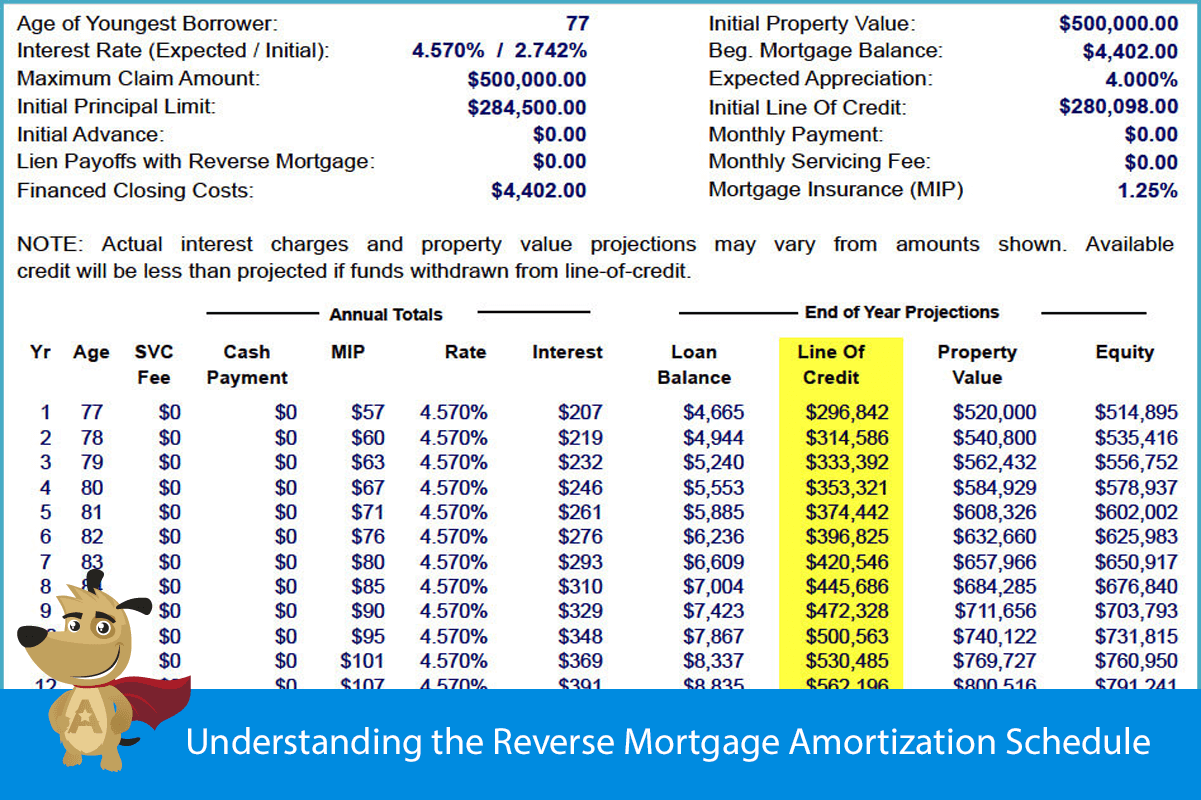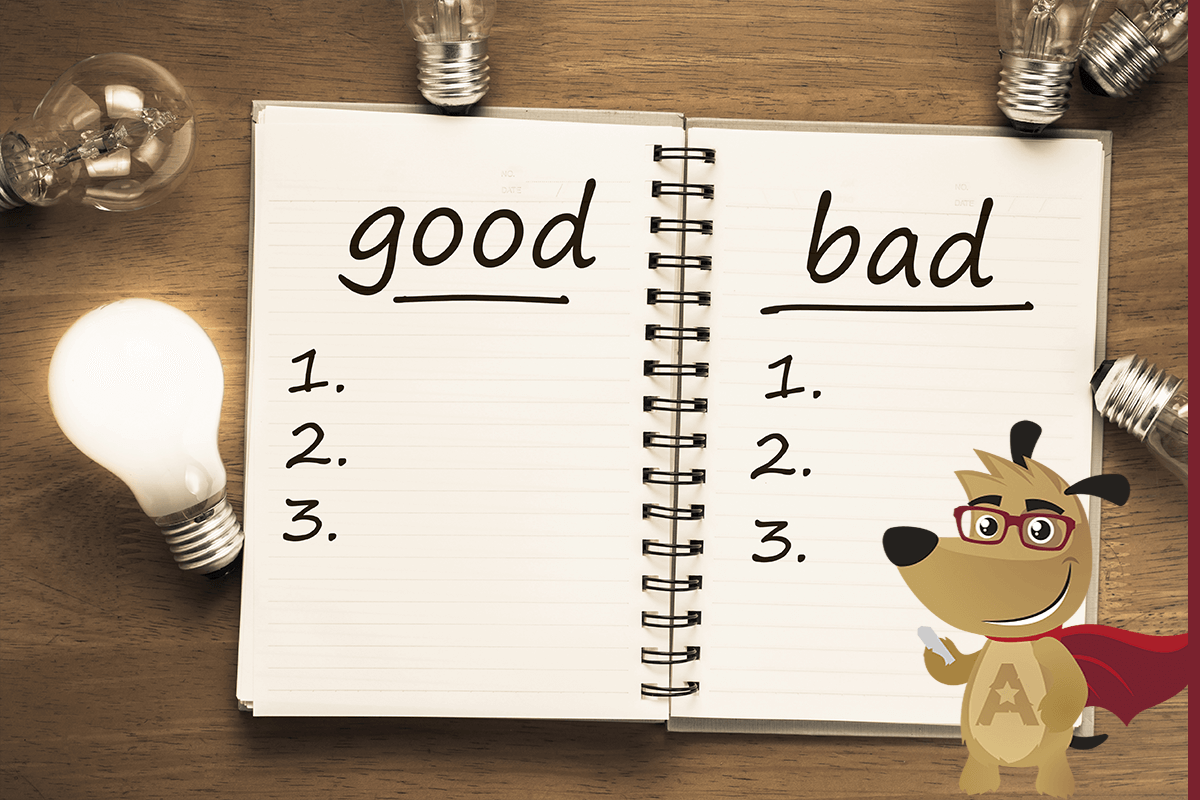Table of ContentsHow Mortgages Interest Is Calculated - QuestionsWhat Does How Do Reverse Mortgages Really Work Mean?About What Is The Harp Program For MortgagesSome Of How Reverse Mortgages Work
Now, what I've done here is, well, in fact prior to I get to the chart, let me in fact show you how I determine the chart and I do this over the course of 30 years and it passes month. So, so you can picture that there's in fact 360 rows here on the actual spreadsheet and you'll see that if you go and open it up. non-federal or chartered banks who broker or lend for mortgages must be registered with.
So, on month no, which I do not show here, you borrowed $375,000. Now, over the course of that month they're going to charge you 0.46 percent interest, keep in mind that was 5.5 percent divided by 12. 0.46 percent interest on $375,000 is $1,718.75. So, I haven't made any home loan payments yet.
So, now prior to I pay any of my payments, rather of owing $375,000 at the end of the first month I owe $376,718. Now, I'm an excellent man, I'm not going to default on my home mortgage so I make that first mortgage payment that we computed, that we determined right over here.
Now, this right here, what I, little asterisk here, this is my equity now. So, remember, I started with $125,000 of equity. After paying one loan balance, after, after my first payment I now have $125,410 in equity. So, my equity has actually increased by exactly $410. Now, you're probably saying, hey, gee, I made a $2,000 payment, an approximately a $2,000 payment and my equity only went up by $410,000.
So, that really, in the beginning, your payment, your $2,000 payment is primarily interest. Only $410 of it is principal. But as you, and after that you, and then, so as your loan balance decreases you're going to pay less interest here therefore each of your payments are going to be more weighted towards principal and less weighted towards interest.
This is your new prepayment balance. I pay my mortgage again. This is my new loan balance. And notice, already by month 2, $2.00 more went to principal and $2.00 wesley financial group llc less went to interest. And over the course of 360 months you're going to see that it's a real, substantial difference.
The Only Guide to Why Are Mortgages Sold
This is the interest and principal portions of our home loan payment. So, this entire height right here, this is, let me scroll down a bit, this is by month. So, this whole height, if you observe, this is the precise, this is exactly our mortgage payment, this $2,129 (how do second mortgages work). Now, on that extremely first month you saw that of my $2,100 only $400 of it, this is the $400, just $400 of it went to really pay for the principal, the real loan quantity.
Many of it went for the interest of the month. But as I start paying for the loan, as the loan balance gets smaller and smaller, each of my payments, there's less interest to pay, let me do a much better color than that. There is less interest, let's state if we head out here, this is month 198, there, that last month there was less interest so more of my $2,100 really goes to settle the loan.
Now, the last thing I desire to talk about in this video without making it too long is this concept of a interest tax deduction. So, a lot of times you'll hear financial planners or real estate agents inform you, hey, the advantage of buying your home is that it, it's, it has tax benefits, and it does. how mortgages work.
Your interest, not your entire payment. Your interest is tax deductible, deductible. And I want to be extremely clear with what deductible means. So, let's for example, speak about the interest fees. So, this entire time over thirty years I am paying $2,100 a month or $2,129.29 a month. Now, at the starting a great deal of that is interest.

That $1,700 is tax-deductible. Now, as we go even more and even more every month I get a smaller sized and smaller tax-deductible part of my real home mortgage payment. Out here the tax reduction is really really small. As I'm preparing yourself to pay off my entire home mortgage and get the title of my house.
This doesn't imply, let's state that, let's state in one year, let's state in one year I paid, I don't know, I'm going to comprise a number, I didn't determine it on the spreadsheet. Let's state in year one, year one, I pay, I pay $10,000 in interest, $10,000 in interest.
Not known Incorrect Statements About What Are Subprime Mortgages
And, but let's say $10,000 went to interest. To state this deductible, and let's say before this, let's state before this I was making $100,000. Let's put the loan aside, let's say I was making $100,000 a year and let's say I was paying roughly 35 percent on that $100,000.
Let's state, you understand, if I didn't have this home mortgage I would pay 35 percent taxes which would have to do with $35,000 in taxes for that year. Just, this is simply a rough estimate. Now, when you say that $10,000 is tax-deductible, the interest is tax-deductible, that does not mean that I can simply take it from the $35,000 that I would have normally owed and only paid $25,000.
So, when I tell the IRS how much did I make this year, rather of saying, I made $100,000 I say that I made $90,000 due to the fact that I was able to deduct this, not directly from my taxes, I had the ability to deduct it from my income. So, now if I just made $90,000 and I, and this is I'm doing a gross oversimplification of how taxes actually get calculated.
Let's get the calculator. So, 90 times.35 is equivalent to $31,500. So, this will amount http://raymondkoba970.almoheet-travel.com/h1-style-clear-both-id-content-section-0-what-does-what-percentage-of-mortgages-are-fha-mean-h1 to $31,500, put a comma here, $31,500. So, off of a $10,000 deduction, $10,000 of deductible interest, I basically conserved $3,500. I did not save $10,000. So, another way to consider it if I paid $10,000 interest, I'm going to, and my tax rate is 35 percent, I'm going to conserve 35 percent of this in actual taxes.
You're subtracting it from the earnings that you report to the IRS. If there's something that you could in fact take directly from your taxes, that's called a tax credit. So, if you were, uh, if there was some special thing that you could in fact deduct it directly from your credit, from your taxes, that's a tax credit, tax credit.
And so, in this spreadsheet I simply wish to show you that I really computed in that month how much of a tax reduction do you get. So, for instance, simply off of the first month you paid $1,700 in interest of your $2,100 mortgage payment. So, 35 percent of that, and I got the 35 percent as one of your presumptions, 35 percent of $1,700 - what are mortgages.

Get This Report about How Long Are Most Mortgages
So, roughly throughout the very first year I'm going to conserve about $7,000 in taxes, so that's absolutely nothing, absolutely nothing to sneeze at. Anyway, ideally you found this useful and I motivate you to go to that spreadsheet and, uh, have fun with the assumptions, only the presumptions in this brown color unless you truly understand what you're finishing with the spreadsheet.